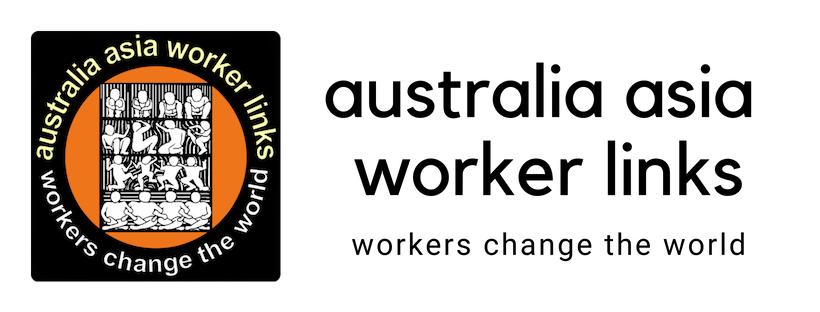 Late last week, satirical columnist Ko Kyaw Zwa Naing was released without charge after being detained for two weeks for alleged defamation under the sweeping powers of Article 66 of the Telecommunications Law. His paper’s chief editor, U Kyaw Min Swe, is still in jail and will be tried under the same law. Article 66 is a very wide ranging but ambiguous law that has been increasingly used against journalists and other media commentators to stifle criticisms of the government. International Federation of Journalists has also strongly condemned this law saying that it’s a way for governments to criminalise dissent.
Late last week, satirical columnist Ko Kyaw Zwa Naing was released without charge after being detained for two weeks for alleged defamation under the sweeping powers of Article 66 of the Telecommunications Law. His paper’s chief editor, U Kyaw Min Swe, is still in jail and will be tried under the same law. Article 66 is a very wide ranging but ambiguous law that has been increasingly used against journalists and other media commentators to stifle criticisms of the government. International Federation of Journalists has also strongly condemned this law saying that it’s a way for governments to criminalise dissent.
 Late last week, satirical columnist Ko Kyaw Zwa Naing was released without charge after being detained for two weeks for alleged defamation under the sweeping powers of Article 66 of the Telecommunications Law. His paper’s chief editor, U Kyaw Min Swe, is still in jail and will be tried under the same law. Article 66 is a very wide ranging but ambiguous law that has been increasingly used against journalists and other media commentators to stifle criticisms of the government. International Federation of Journalists has also strongly condemned this law saying that it’s a way for governments to criminalise dissent.
Late last week, satirical columnist Ko Kyaw Zwa Naing was released without charge after being detained for two weeks for alleged defamation under the sweeping powers of Article 66 of the Telecommunications Law. His paper’s chief editor, U Kyaw Min Swe, is still in jail and will be tried under the same law. Article 66 is a very wide ranging but ambiguous law that has been increasingly used against journalists and other media commentators to stifle criticisms of the government. International Federation of Journalists has also strongly condemned this law saying that it’s a way for governments to criminalise dissent.

